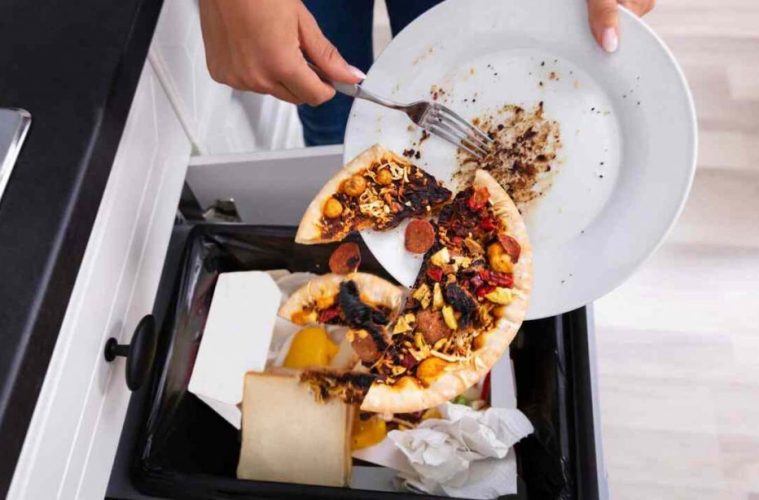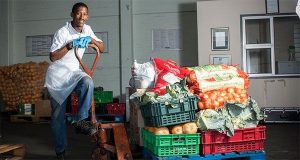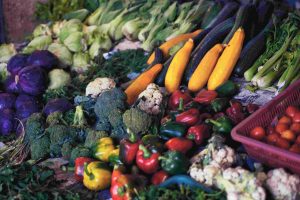According to a recent Department of Environment, Forestry & Fisheries report, more than 10 million tonnes of quality food is lost or wasted throughout the supply chain annually. This amounts to one-third of all the food produced in the country. At the same time, 30 million people lack regular access to enough safe and nutritious food – whether that’s due to unavailability or inability to afford it.
Consumers have the perception that food loss and waste is only expired and rotten food, when in fact, the average South African household throws away six kilograms (6kg) of perfectly edible food per week – to put that into context, the average person requires approximately 4.4 kg per day to be well fed.
“The obscene amount of food ‘waste’ or rather surplus food presents a massive opportunity to curb food insecurity, while saving the environment. Grocery products that may not be good enough to sell, but is good enough to eat. It’s good enough to donate.” says Andy du Plessis, Managing Director of food redistribution organisation FoodForward SA (FFSA). “By repurposing the surplus, we can recover good quality food and redistribute it to vulnerable people who don’t have access to or cannot afford a nutritious meal. Surplus food is still quality food & is not substandard.”
Every day, FFSA provides wholesome meals to more than 950 000 people in disadvantaged communities across the country. It has developed a reliable, sustainable food distribution model that collects quality donated, within-date, surplus food from farmers, manufacturers, and retailers. In recognition of the upcoming International Day of Awareness of Food Loss and Waste, on 29 September, FFSA is launching “Repurpose the Surplus” – a campaign to raise awareness of South Africa’s dire food insecurity crisis and how we can solve it.
“By connecting a world of excess (surplus) to a world of need, providing 1 meal costs just R0.68, making it the most cost-effective food security solution,” says Du Plessis. “It’s our mission to ensure all South Africans can lead healthy, productive lives, and that starts by supporting people with reliable access to nutritious food.”
Addressing food insecurity
“Given the slow rate of job creation and low economic growth forecast for South Africa for the near future, the only viable option in the short term to achieve food security is a food donations policy,” says Du Plessis. “We are planning to present policy recommendations to the office of the President for consideration, as a viable solution to address food insecurity at scale.”
FoodForward SA, along with the Global FoodBanking Network (GFN), the Consumer Goods Council of South Africa, and the Harvard Law School’s Food Law and Policy Clinic, has drafted recommendations for a Food Donations Policy Atlas for South Africa.
“The draft outline covers three key areas relevant to food donations,” explains Du Plessis. “These include food safety for donations, liability protection for food donors, and tax incentives and government grants. Each of these factors work together to ensure no one has to experience the pain of food insecurity.”
To get involved or read more, visit FoodForwardSA.org.
READ MORE: HOW TO CREATE YOUR OWN FOOD FOREST



